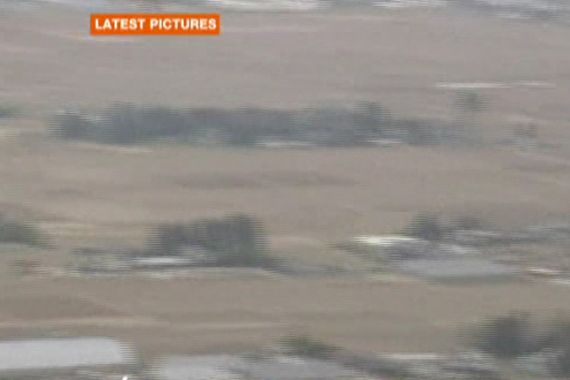Why Japan is prone to earthquakes
Al Jazeera’s senior meteorologist gives insights on why earthquakes and tsunamis hit island nation.

Al Jazeera’s senior meteorologist Steff Gaulter gives insight into why earthquakes and tsunamis strike the island nation of Japan:
To put the effects of the latest earthquake in Japan in context, it could help to compare it to other recent quakes: the Haiti earthquake was 7.0 magnitude; the Chile one was 8.8 and the New Zealand one was 6.3.
Keep reading
list of 4 itemsAustralia’s Great Barrier Reef suffers worst bleaching on record
At least 15 killed after landslides hit Indonesia’s Sulawesi island
Lost Futures
“So, this as an 8.9, bigger than any of those. It is the seventh-most powerful earthquake that has ever been recorded. So we are talking about a massive earthquake there.
The reason for this activity is because of where Japan is situated, on the joint of four different plates.
“So we have got the Pacific plate and the Philippine plate to the east; and to the west, we have got the North America plate and the Eurasian plate. And what is happening is that the Philippine plate and the Pacific plate are heading towards the west; they are going underneath the other two plates and that is what is causing all the problems.
“And what happens is: it is a bit like pushing a big piece of furniture across a carpet, so eventually you build up the pressure and suddenly it will move. So that is what we have seen – the sudden movement. But this is the worst type of earthquake for a tsunami because as it goes underneath – as these two plates go underneath the other one – it drags some of the top two plates with them. So there is a sort of a backlog and then those two plates eventually will kick out. And it is this kicking motion that gives the tsunami.
“Relatively speaking, they [Japanese] have been a little bit lucky on this one because on Wednesday we saw two other earthquakes. One was a 6-magnitude and one was a 6.3. The one that was 6 magnitude had a depth of 12km. The one that was 6.3 was only two kilometres.
“So imagine this earthquake if it had actually been a lot shallower. We would have had a lot worse conditions that we would be seeing now. So, yes, 24 is shallow but relatively speaking they have been rather lucky.”